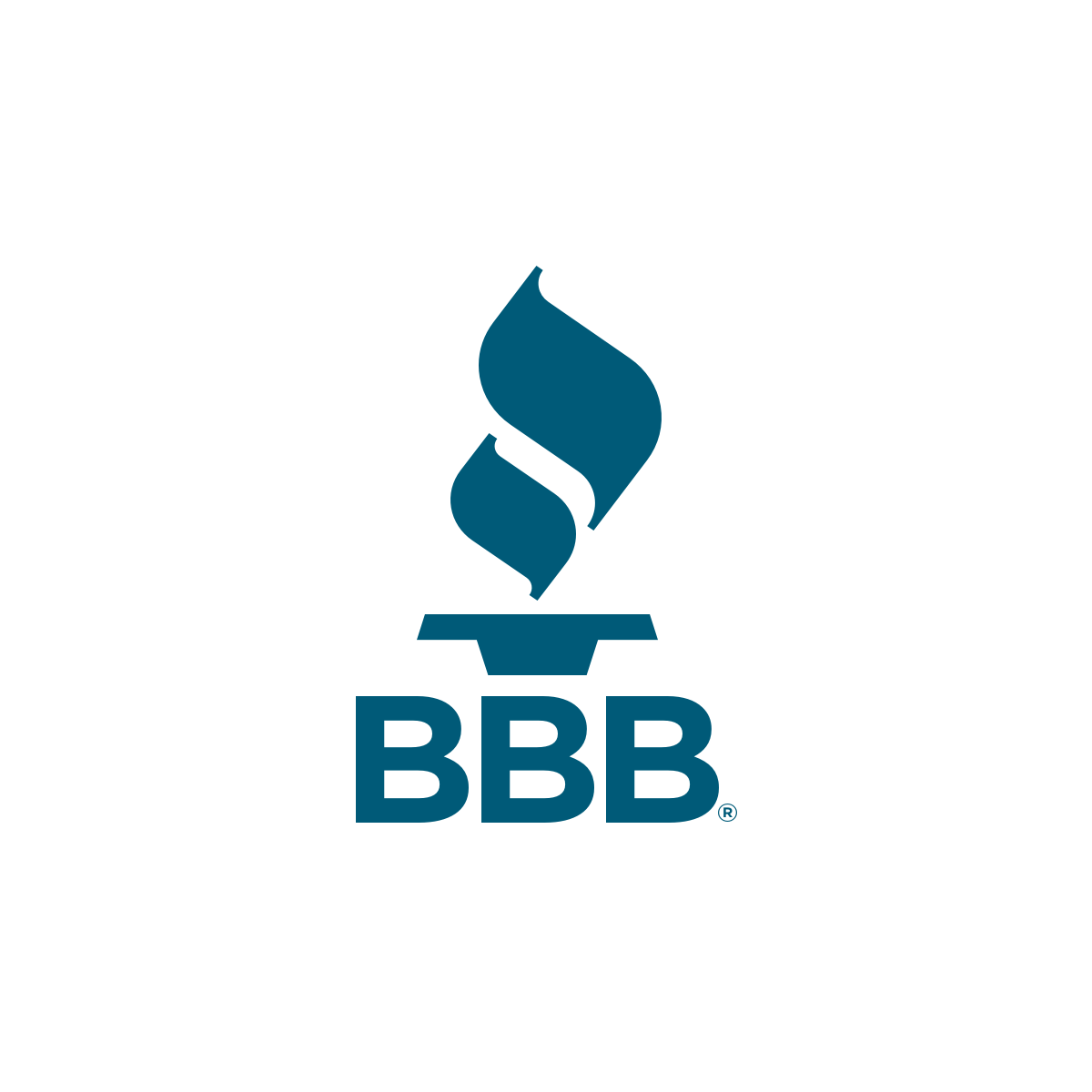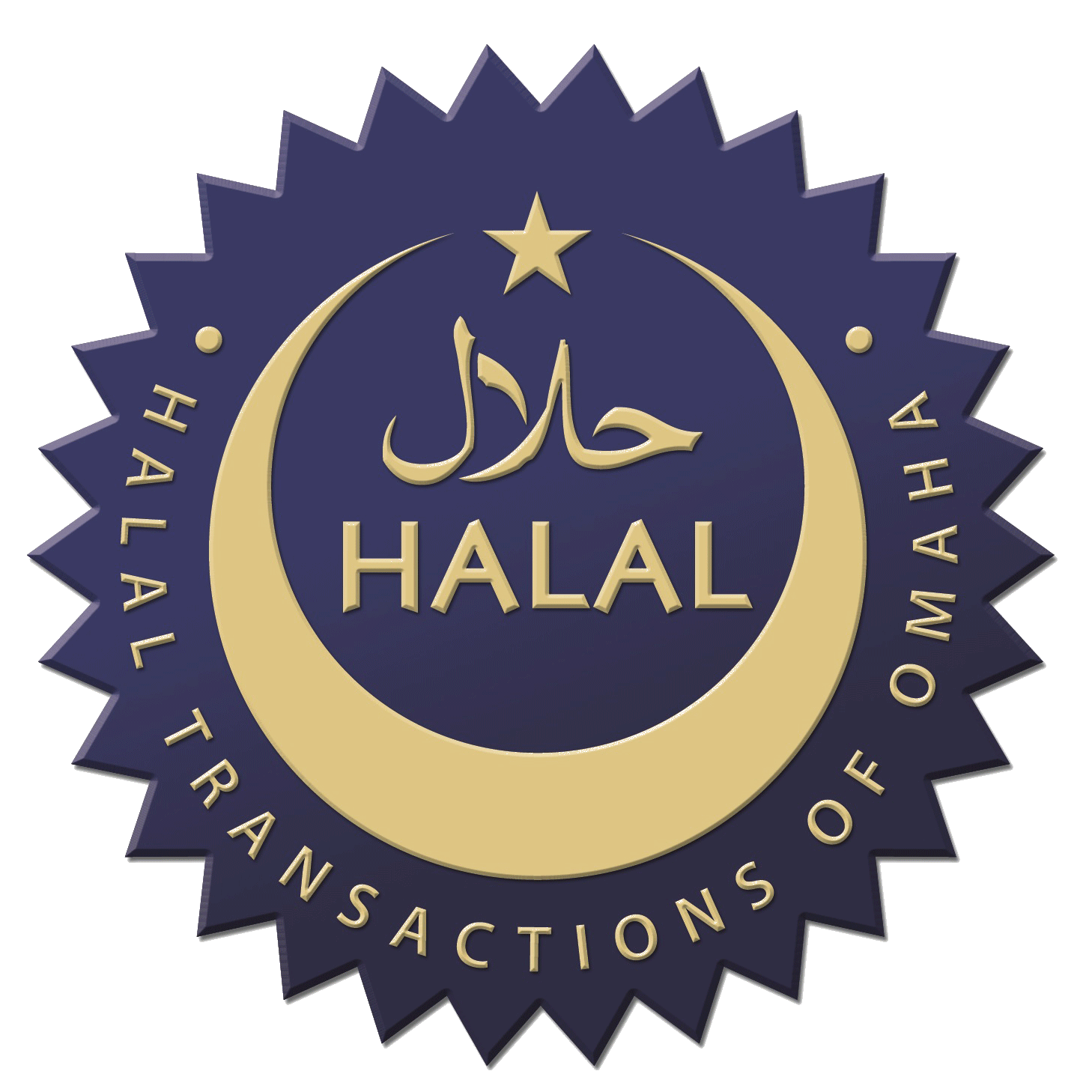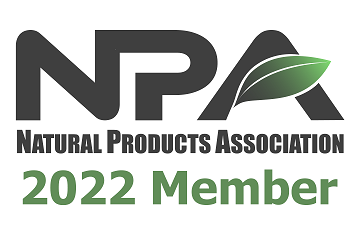Despite the effort to attract young, affluent, trendy demographics with sleek new labeling, ethically-conscious production standards, and specialty-certified ingredients, one of the most exciting demographic opportunities is passing unnoticed by many companies.
While the U.S. government does not collect religious affiliation numbers in its census data, fairly reliable estimates exist on the size of the American Muslim population. The estimates range as high as over 9 million, though Pew Research Center put the number at 3.3 million as of 2015 (up from 2.75 million in 2011, an increase of around 20 percent in four years). Furthermore, Pew has projected that the number of Muslim Americans residing in the United States will reach over 8 million by 2050, making up 2.1 percent of the U.S. population by that time.
To put it in perspective, consider the statistics of another highly important, and better developed, specialty market. The Jewish population in the United States currently makes up around 1.8 percent of the total American population, according to Pew Research. As of 2014, some 41 percent of the packaged food in the United States was kosher-certified, according to data from market research group Mintel. Packaged Facts, another market research firm, put the value on product sales stemming from kosher certification itself at between $14 billion and $17 billion in 2013.

Food allergy labels and package claims
According to Food Allergy Research and Education (FARE), around 4.7 percent of Americans have food allergies, while 25 percent of all food and beverage products carry allergen claims (according to Mintel). Numbers published by the journal Digestion (International Journal of Gastroenterology) state that only around 1 percent of Americans suffer from a diagnosed occurrence of celiac disease, yet 10 percent of products claim gluten-free status (Mintel).
Further according to Mintel, around 22 percent of food and beverage products carry ethical or environmental claims regarding packaging, 19 percent make claims about additives and preservatives, and 7 percent carry ethical or environmental claims about the product itself. Clearly, a small subset of the overall American populace can have a large and beneficial economic impact on food, beverage, and other consumable products’ manufacturers.
The underdeveloped American Halal market
According to a 2007 Pew Research Center report titled “Muslim Americans: Middle Class and Mostly Mainstream”, 24 percent of Muslim Americans in 2007 held a college degree, including 10 percent with graduate degrees. Forty-one percent of adult Muslim Americans reported household incomes greater than $50,000 annually; 16 percent reported $100k annual household incomes. Muslim Americans are set to become a key specialty demographic over the next five to ten years, with this growth continuing over the following decades.
The pace at which this specialty demographic begins to really flex its spending power depends on the producers, distributors, and retailers more than anything else. The proper marketing and effective market research needs to be carried out to find out what really appeals to Muslim Americans of different ages and sexes, including special attention to any food allergy needs.
Companies need to be highly aware of the importance of obtaining trust and transparency through the utilization of reputable third-party Halal certification bodies (HCBs), rather than stamping the word “Halal” on their own product and calling it a day (an ill-advised practice that can lead to loss of consumer confidence and government fines for violations of laws involving truth in labeling). The three most important points to remember when conducting your search for a Halal certifier are as follows:
- Is the Halal certifier an independently owned and operated, third-party organization?
- Is the Halal certifier accredited by at least one third-party, internationally-recognized Halal accreditation organization (governmental or otherwise) and not financially linked to the Halal certification body in question?
- Is the Halal certifier recognized internationally? (Note: lack of recognition or registration in two or three overseas markets shouldn’t be a deal breaker)
Companies that start investing in their Halal programs now stand a chance of reaping benefits as early adopters by developing brand recognition and brand loyalty with Muslim consumers. It is true that the meat industry has been taking advantage of Halal certification for years (primarily for the export market), however Muslim Americans still have a hard time finding reliably certified Halal meat products in their local grocery stores.
There is a lack of awareness of the value that comes with Halal certification on the part of retailers and manufacturers which causes many Muslim Americans to restrict their buying power. This spending limitation is not due to a lack of interest in the myriad of specialty-label products gracing grocery store shelves, but rather due to a failure to meet their religious dietary needs.
Resources:
- Pew Research: A new estimate of the U.S. Muslim population
- Pew Research: A portrait of Jewish Americans
- Quartz Media: “Less than 2% of the US population is Jewish. So why is 41% of the country’s packaged food kosher?”
- Packaged Facts: MarketTrend: Kosher- and Halal-Certified Foods in the U.S.
- FARE: Food Allergy Facts & Statistics
- Non-Celiac Gluten Sensitivity among Patients Perceiving Gluten-Related Symptoms
- S. News: “Think You’re Sensitive to Gluten? Think Again”
- Dubé, C. et al. The prevalence of celiac disease in average-risk and at-risk Western European populations: a systematic review. Gastroenterology 128 (Suppl. 1), S57–S67 (2005)
- Pew Research: Muslim Americans: Middle Class and Mostly Mainstream
- Pew Research: A Demographic Portrait of Muslim Americans
- Forbes: “Is Kosher the Next Big Food Trend?”




Comments are closed